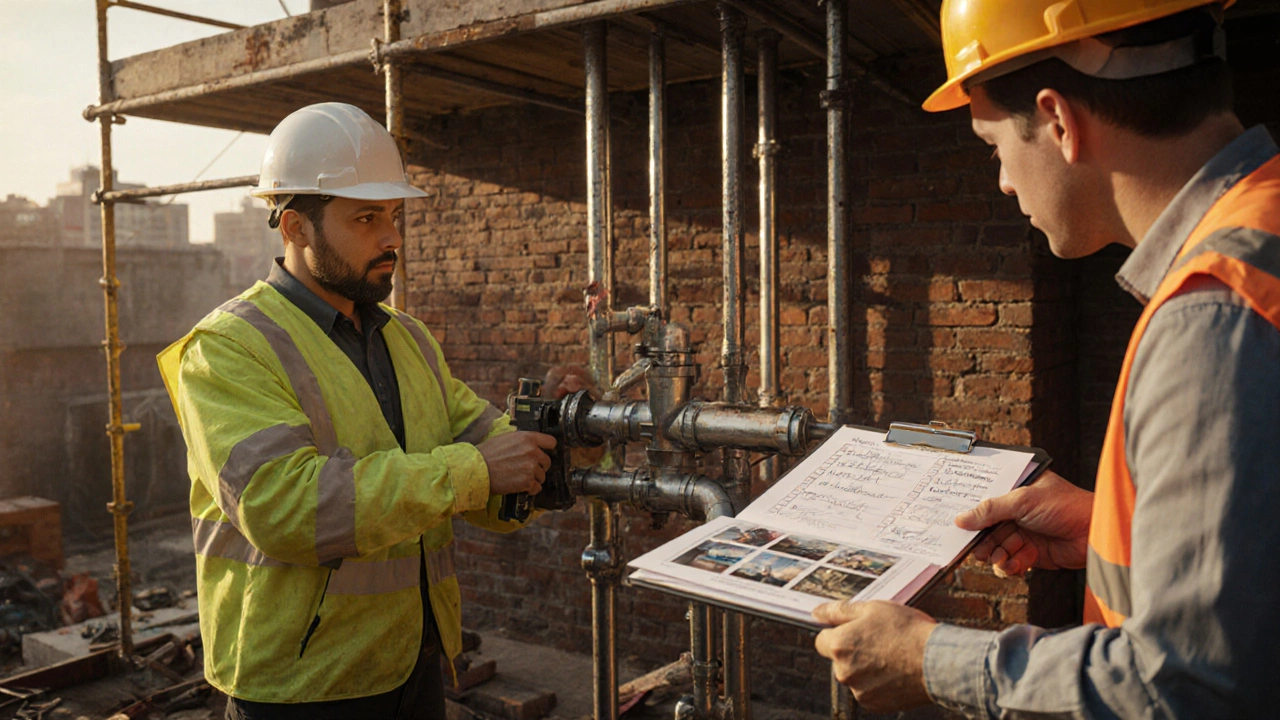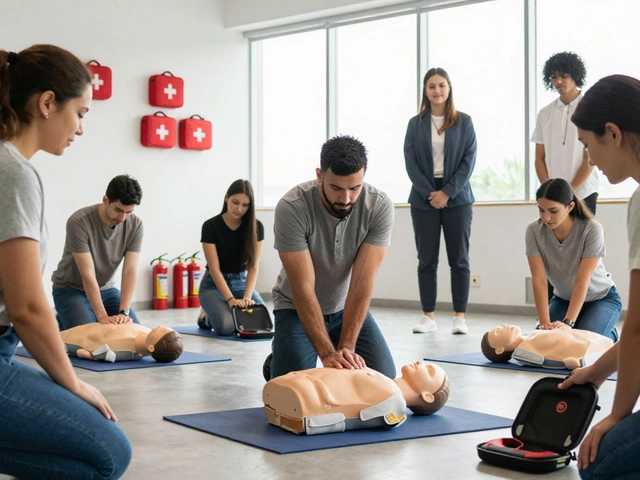NVQ vs Diploma: What’s the Real Difference and Which One Gets You Hired?
When you’re choosing a path to build a career in the UK, you’ll likely run into two big names: NVQ, a work-based qualification that proves you can do a job, not just talk about it. Also known as National Vocational Qualification, it’s built around real tasks you perform on the job, assessed by someone watching you actually do the work. Then there’s the diploma, a more traditional course-based qualification that often includes classroom learning, exams, and theory before you even step onto the job site. These aren’t just different names for the same thing—they’re built for different goals.
Think of an NVQ like getting your driver’s license. You don’t pass by writing a test about traffic laws—you pass by driving safely with an examiner in the car. That’s exactly how NVQs work: you’re assessed while you’re doing the job, whether you’re welding, doing beauty treatments, or fixing boilers. A diploma, on the other hand, is more like taking a driving course before you even get behind the wheel. You learn the rules, study the manual, and take written exams. That’s why diplomas often come before NVQs in training paths—they give you the foundation, and the NVQ proves you can use it.
Employers in skilled trades, healthcare, and hospitality care more about what you can do than what you studied. That’s why NVQs are so popular in industries where hands-on ability matters. But diplomas still have their place—especially if you’re aiming for higher education, university entry, or roles that need strong theory knowledge, like IT or engineering support. The key difference? NVQ shows you can deliver under real conditions. A diploma shows you understand the principles. Many people end up doing both: a diploma to start, then an NVQ to prove they can apply it.
You’ll find plenty of posts below that dig into the details: how NVQ levels match up to diplomas, which one costs less, whether you can go to university with an NVQ, and why some people finish their NVQ faster than others. We’ve also got guides on what happens if you don’t meet the standard, how much NVQ Level 3 costs, and how beauty therapists, electricians, and welders use these qualifications to get hired. Whether you’re starting out or upgrading your skills, this collection gives you the real, no-fluff facts—not marketing hype.




